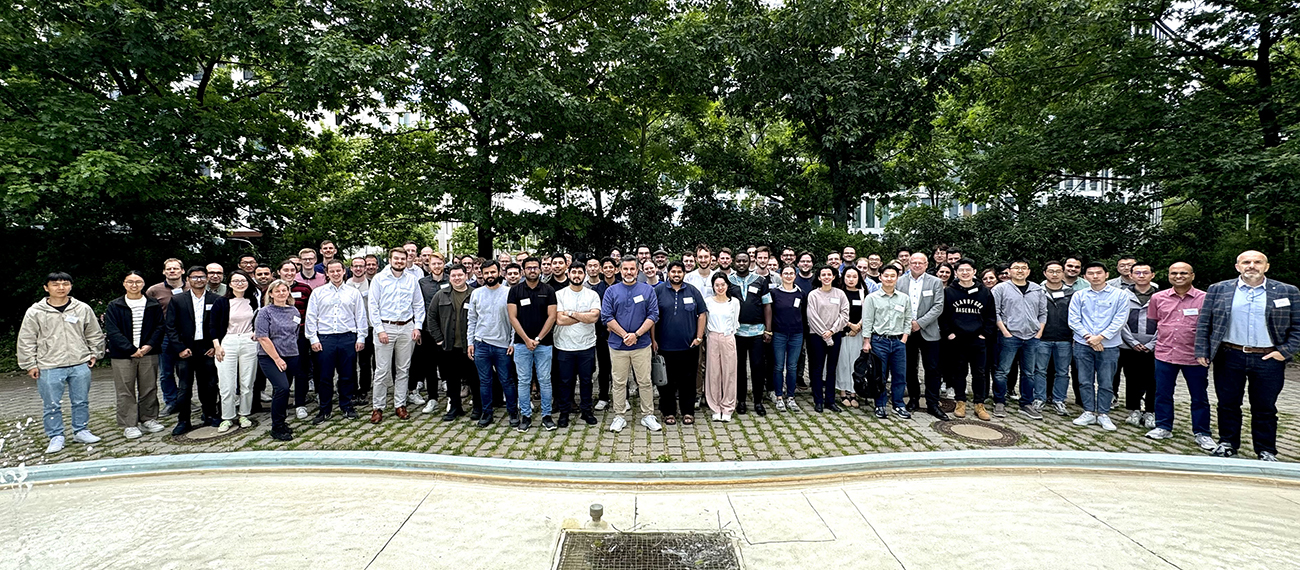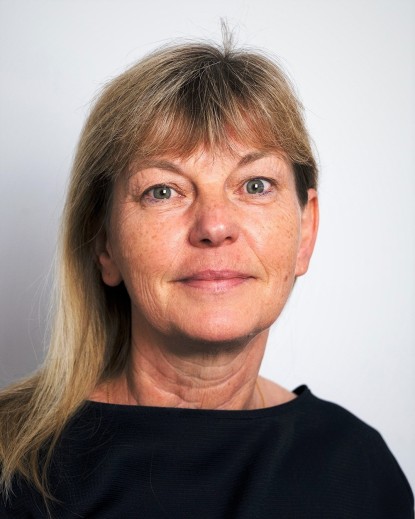Under the leadership of Prof. Dr. Andreas Dreizler, more than 80 participants from over 15 nations took part in this event. The programme included lectures from 11 internationally renowned scientists on topics such as
- chemical kinetics and reduction strategies, including flame retardants
- modelling and simulation of combustion processes and fires constrained by walls
- turbulent near-wall flows
- near-wall reactive flow diagnostics and applications
Special attention was paid to the exchange of ideas. During three poster sessions and poster pitches, and a mentoring program, the participants had plenty of time for discussions and networking.
The lab tour to the Combustion and Heat-Transfer Laboratories of TU Darmstadt provided an interesting and practical context to the lectures. The tour was completed with a pleasant get-together in the TU beer garden.
Course description and aims
Advances in various engineering and process applications necessitate better understanding of underlying near-wall and surface phenomena. Combustion, engine heat transfer and wall cooling, high-temperature material synthesis and processing, and chemical process technology (chemical vapor deposition and infiltration, catalytic processes, etc.) are just a few examples. Processes, such as flame-wall interaction, pyrolysis and fire suppression by flame retardants, surface reactions and their coupling with nearby chemically reactive flows, film and deposit formation, are challenges that are addressed in ongoing research efforts.
The ICISS-Summer School in cooperation with TU Darmstadt, KIT, SINTEF is intended to report on the status and perspective of experimental, theoretical, and numerical techniques for understanding, describing, and designing near-wall reactive flows in diverse scientific and engineering fields. It aims furthermore at providing an opportunity for researchers and interested workers to present the state of the art, discuss new challenges and developments, and exchange ideas in the areas of near-wall reactive flows.







